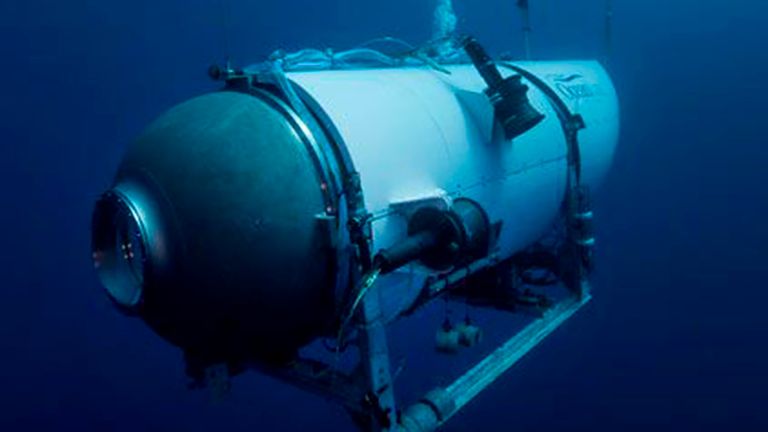At least 15 people have now died following heavy flooding across central Europe over the past few days.
Deaths have been reported in Romania, Poland, Austria and the Czech Republic after Storm Boris brought torrential rainfall to the region. Thousands have been evacuated from the hardest-hit areas as relentless rain continues, with flooding expected to worsen in some parts in the days ahead.
"Such events that are so extreme and provocative are labeled as 'record-shattering' by us scientists," Jacopo Riboldi, a lecturer at the Department of Environmental Systems Science at ETH Zurich in Switzerland, told Newsweek.
"It's like in the 100-meter sprint after years where improvement has been slow—you know, we've had below 10 seconds for some time—and all of a sudden somebody arrives and does it in eight seconds."
Records were indeed shattered over the weekend. In St. Pölten, Austria, more precipitation fell in just four days than in the entire wettest autumn months—September, October and November—since 1950, according to analysis based on data from the Austrian Weather Service by the website Wetterblog.
Riboldi chalked the extreme weather event up to the effects of climate change, saying, "Global warming is like a kind of doping, if we want to use that analogy. The air masses involved in heavy precipitation are becoming increasingly loaded with humidity, especially as sea surface temperatures in the Black Sea and eastern Mediterranean are still higher than usual.
"It's consistent with what we know about global warming and its effect on extreme events."
While water levels have receded in some of the worst-affected areas, many regions remain on high alert. In Poland, the city of Wroclaw in the southwest of the country is bracing for peak flood levels, expected to hit on Wednesday.
The government has declared a 30-day "state of natural disaster" in southern parts of the country, with Prime Minister Donald Tusk pledging emergency funds for relief and recovery. "We will not leave anyone behind," he said, also announcing the deployment of additional defense forces to assist with rescue efforts.
Similarly, Hungary has mobilized resources to combat the rising waters. Prime minister Viktor Orbán postponed all international commitments to focus on the flood crisis.
Budapest, Hungary's capital, is preparing for the Danube River to reach dangerous levels later this week. "I ask everyone who goes near the Danube in the coming days to take extra caution," the city's Mayor, Karácsony Gergely, said in a post on Facebook.
In the Czech Republic, the government is monitoring flood conditions in more than 200 areas, with the southern Bohemia region experiencing the worst of the devastation, according to Prime Minister Petr Fiala. Floodwaters continue to rise along the Nežárka and Lužnice rivers, exacerbating concerns for towns downstream.
The flood crisis has prompted an outpouring of support from across Europe. Austria's Chancellor, Karl Nehammer, expressed his gratitude to neighboring nations for their assistance during these "difficult times."
Ursula von der Leyen, president of the European Commission, also extended her condolences to the affected countries, stating in a post on X: "My thoughts are with the victims and their families. Thank you to all those helping for their tireless work."
Von der Leyen reaffirmed that the EU is prepared to provide assistance in relief efforts as recovery operations get underway.
As Europe continues to battle the effects of extreme downpours, scientists warn that such extreme weather events are likely to become more frequent.
"In this case it was the time of Austria, the Czech Republic and Poland, but in other years it could be some other place," Riboldi said. "The ingredients and the preconditioning are there—it's like a loaded gun."
Do you have a tip on a science story that Newsweek should be covering? Do you have a question about flooding? Let us know via science@newsweek.com.
Disclaimer: The copyright of this article belongs to the original author. Reposting this article is solely for the purpose of information dissemination and does not constitute any investment advice. If there is any infringement, please contact us immediately. We will make corrections or deletions as necessary. Thank you.



